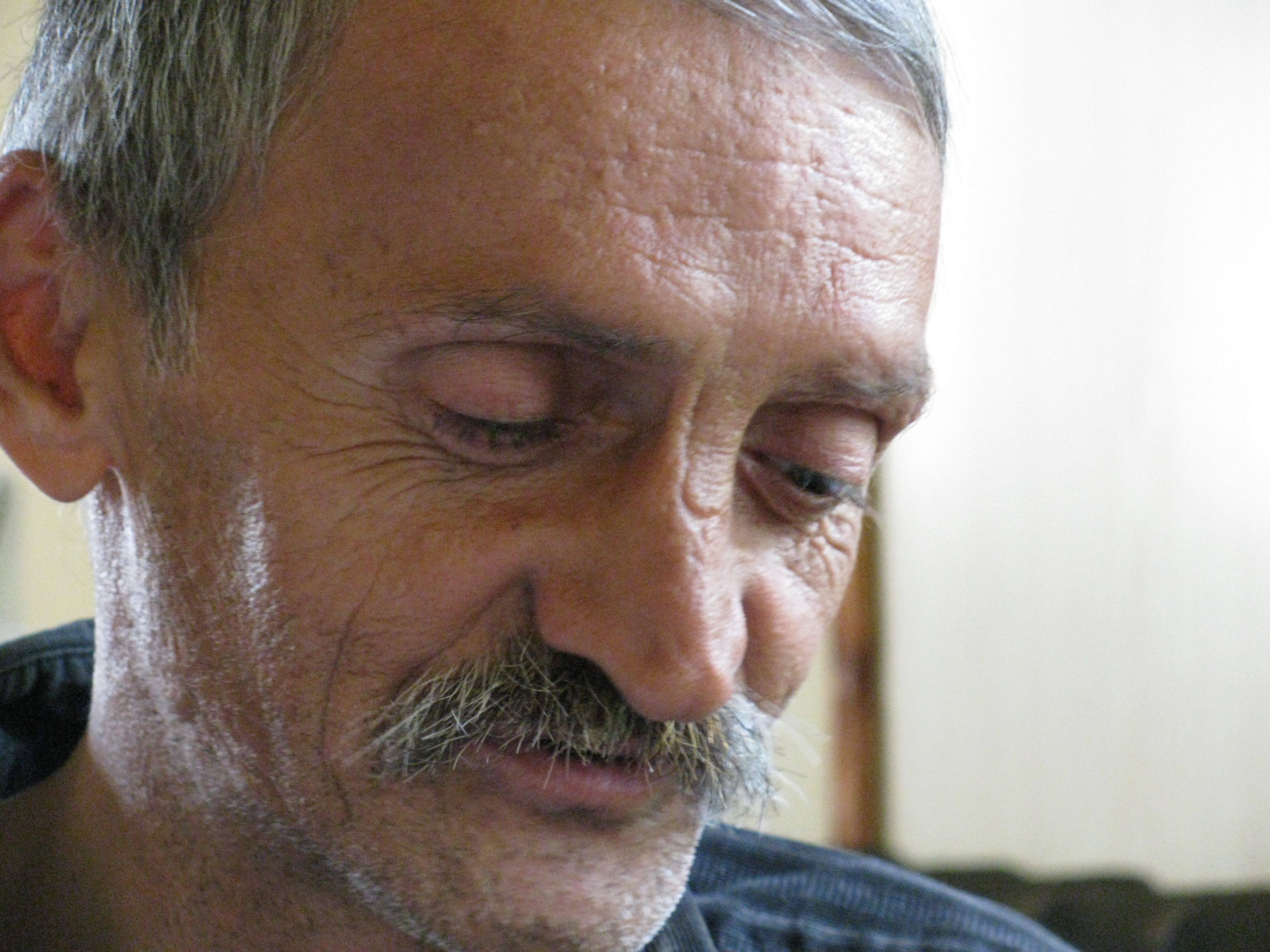I wrote yesterday about a conference I went to last week in Serbia. This OliverTalks post summarises my presentation about legal capacity litigation.

My main point was that judges can play a vital role, even in guardianship systems which are as flawed as Serbia’s. I started off by making the point that judges have an enormously valuable role to play in the administration of justice. But not all judges fully realise that justice should actually apply to people with disabilities too. For example, a judge from Moldova is on record as saying:
“I think that the person’s participation is neither necessary nor useful because we speak about people who are mentally inadequate. They just would hinder the proper conduct of the trial. Do you think they might behave in a civilized manner in the courtroom? Their presence in the courtroom is not necessary; the relatives talk for them, while the conclusion is based on the report of the psychiatric expertise.”
Brilliant! I then told the story of two cases which MDAC has been involved in, namely Stanev v. Bulgaria and Shtukaturov v. Russia. I emphasised that judges can use constitutional arguments and the European Convention on Human Rights in their judgments, as well as the UN Convention on the Rights of Persons with Disabilities.
 Rusi Stanev
Rusi Stanev
Legal capacity is a matter of the rule of law, I argued, suggesting that judges should be on high alert for those who are at risk of being excluded. I echoed Amita’s point that one cannot make a circle from a square, and suggested that litigation can act like a chisel to chip off some of the sharp corners of the square; not to create a smooth circle but to demonstrate in public that the square is not fit for purpose.
One can pursue litigation in parallel to law reform advocacy, I suggested, because (a) litigation is a good method of documenting human rights violations, and (b) it is a contingency strategy in case the Serbian government fails to carry out reforms to bring the law in line with Article 12 of the CRPD (as has recently happened in Hungary).
I then laid out some questions which judges in Serbia could ask themselves here and now in their court-rooms:
• How can I maximize autonomy for this person?
• How can I remedy exploitation, violence and abuse, and try and prevent these things from occurring in the future?
• How can I deal with the huge conflict between the CRPD and Serbian law?
• How can I order the local government to put in place supports so a person doesn’t need to be placed under guardianship?
• How can I create jurisprudence to abolish blanket forms of control?
• How can I comply with (or at least cite) the CRPD in my judgment?
This is how I ended my talk and how I will end this summary of the conference:
Litigating legal capacity cases can contribute to creating a space for a positive reframing of issues which in time will lead to better laws and better individual outcomes. Litigation can force parties to fundamentally re-evaluate positions, and can challenge communities to come up with creative solutions. Adjudicating cases which chip away at the guardianship monolith in Serbia is likely to yield several specific outcomes which trickle out into law, policy and service provision.
Deciding individual cases in a CRPD-compliant manner may not by itself erode the devaluation of particular differences which people with disabilities face on an everyday basis. But progressive judging does provide a basis from which to challenge the power that operates to define some differences as less worthy and deserving of respect and rights than others. Like this conference itself, legal capacity litigation may even spark a more constructive conversation about personhood and the kind of society in which all of us can participate with pride.
***
Much of this presentation is self-plagiarised from this paper I wrote in the European Human Rights Law Review in 2011 and this one for Human Rights Brief.